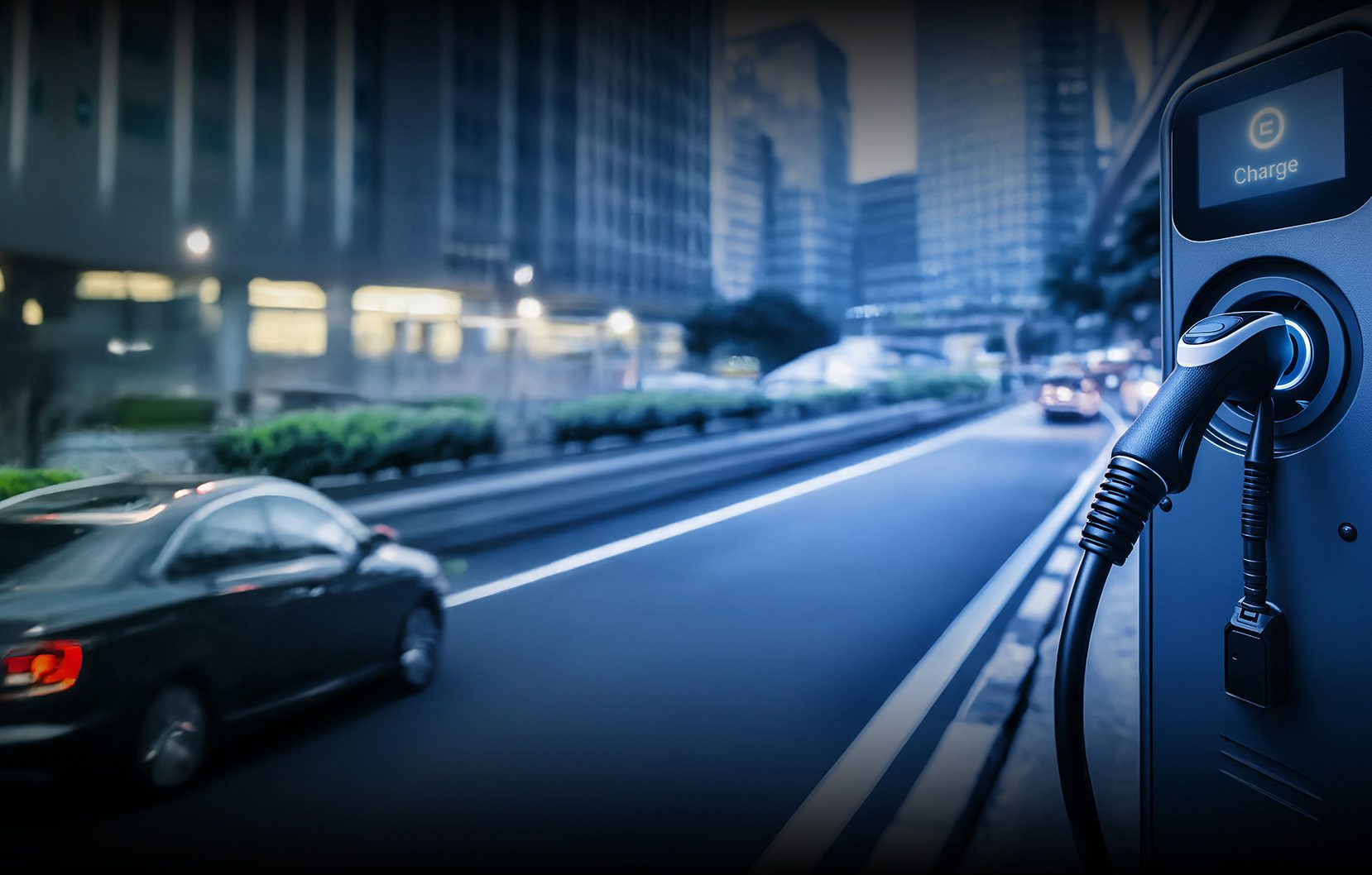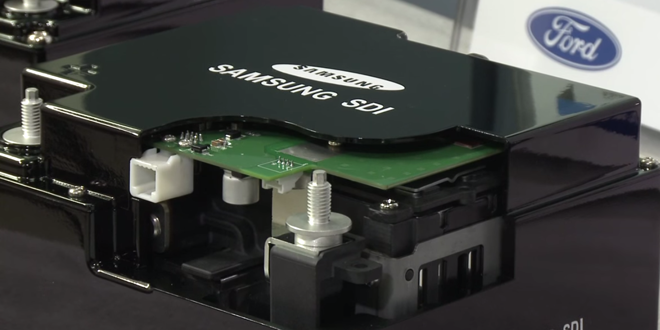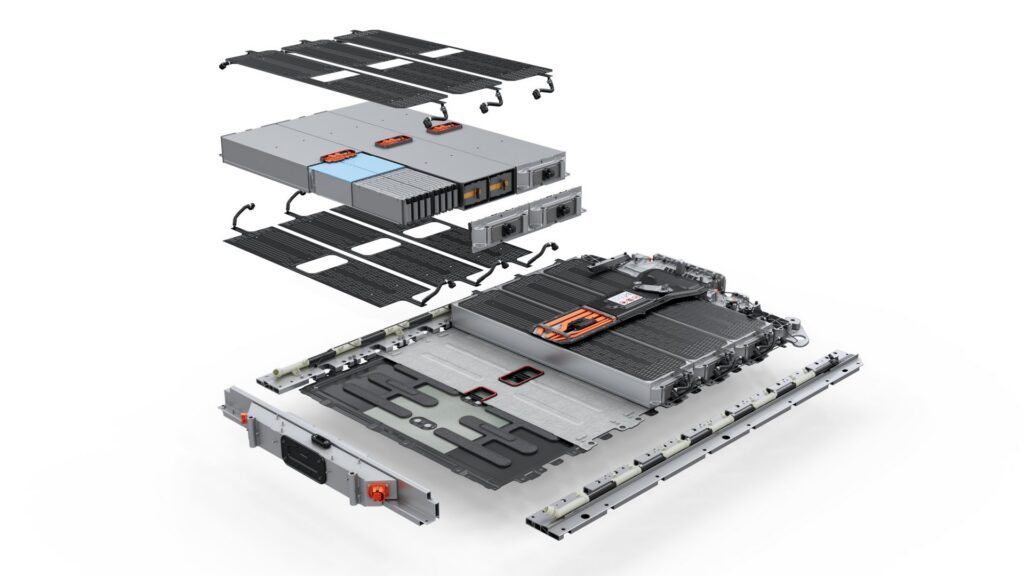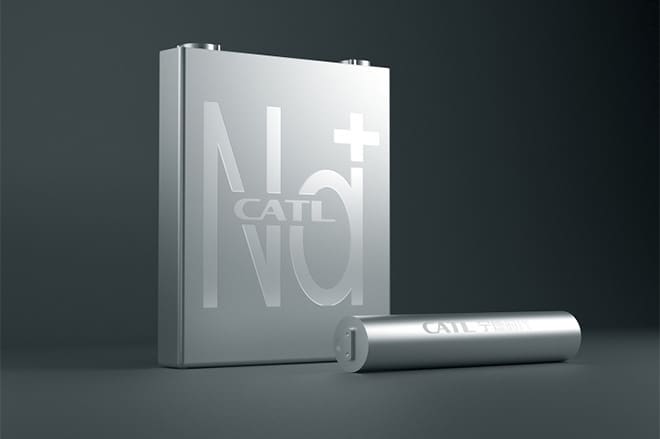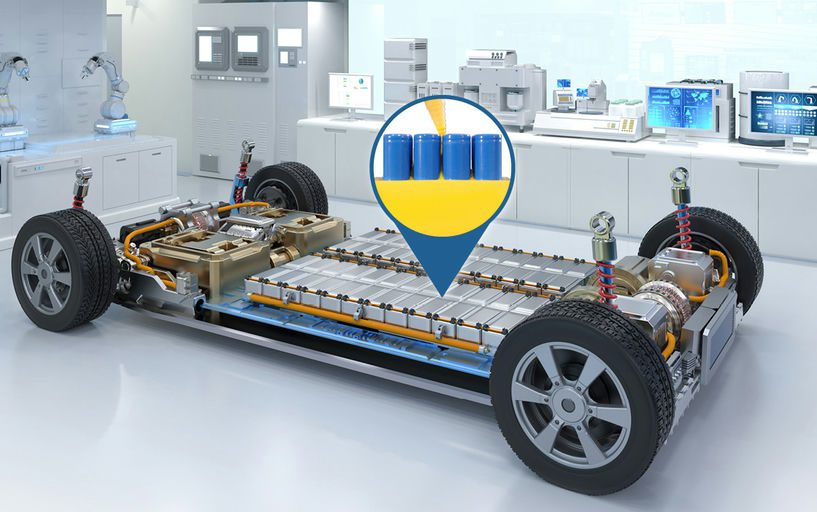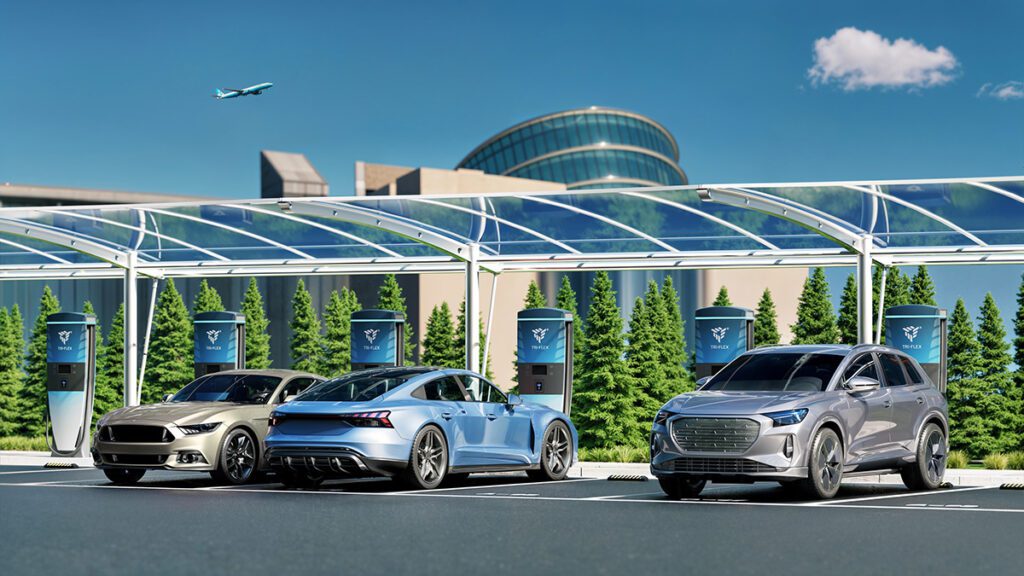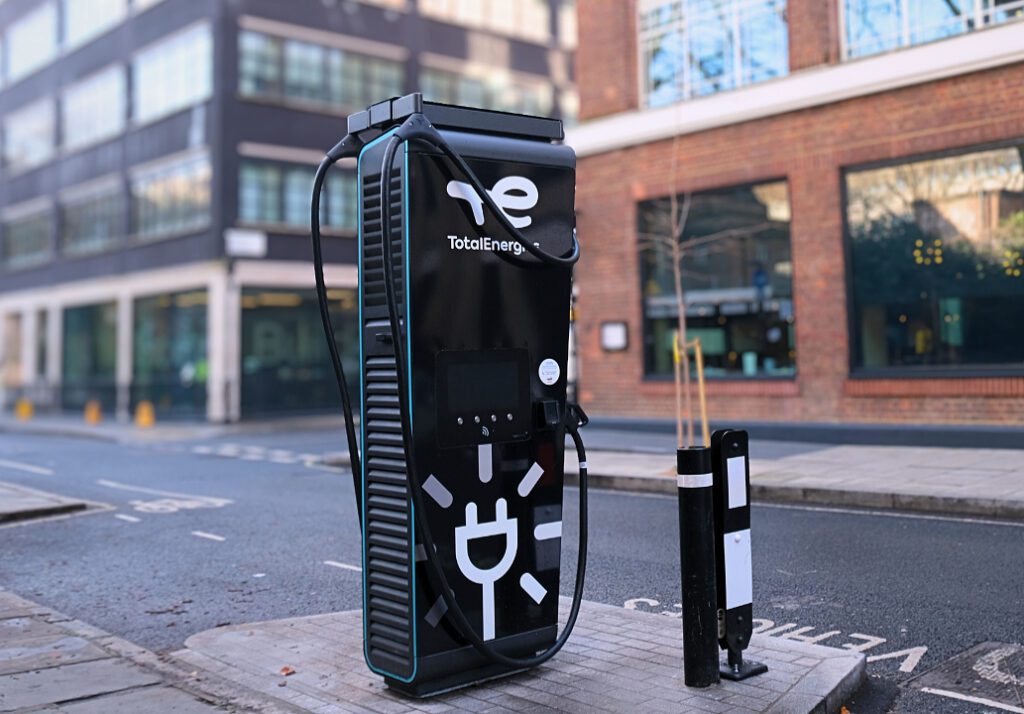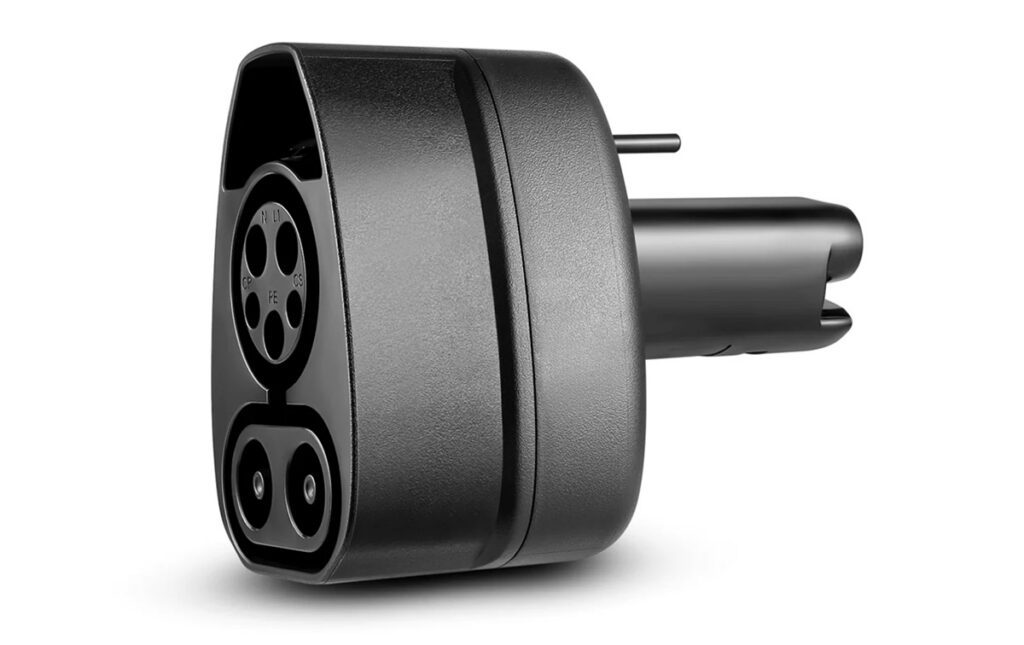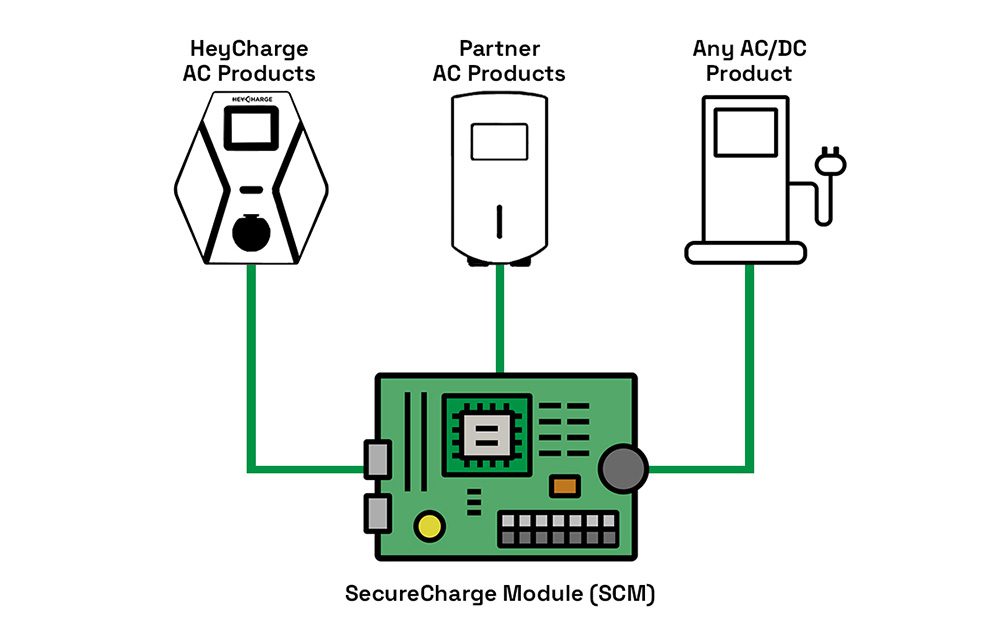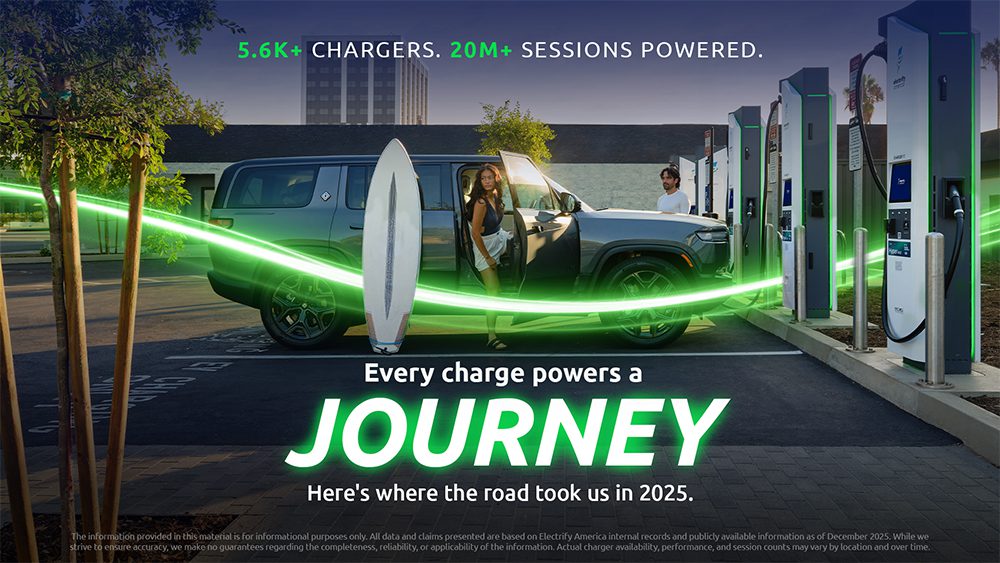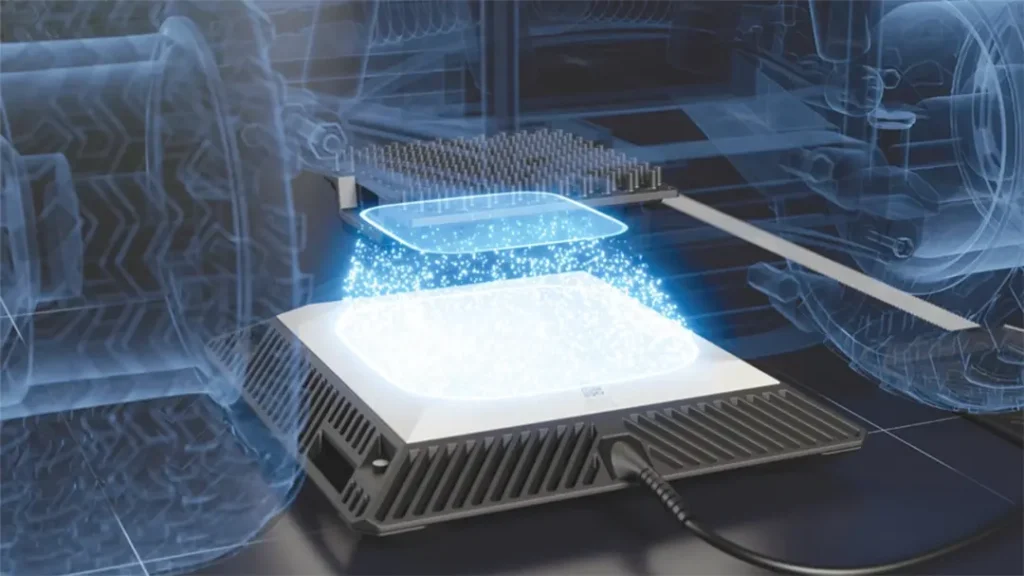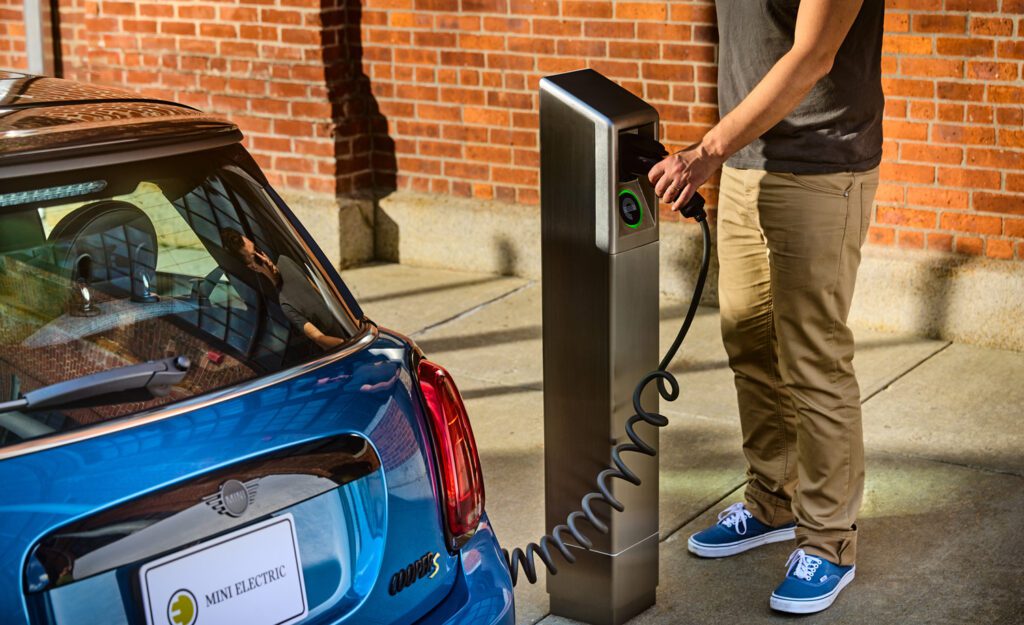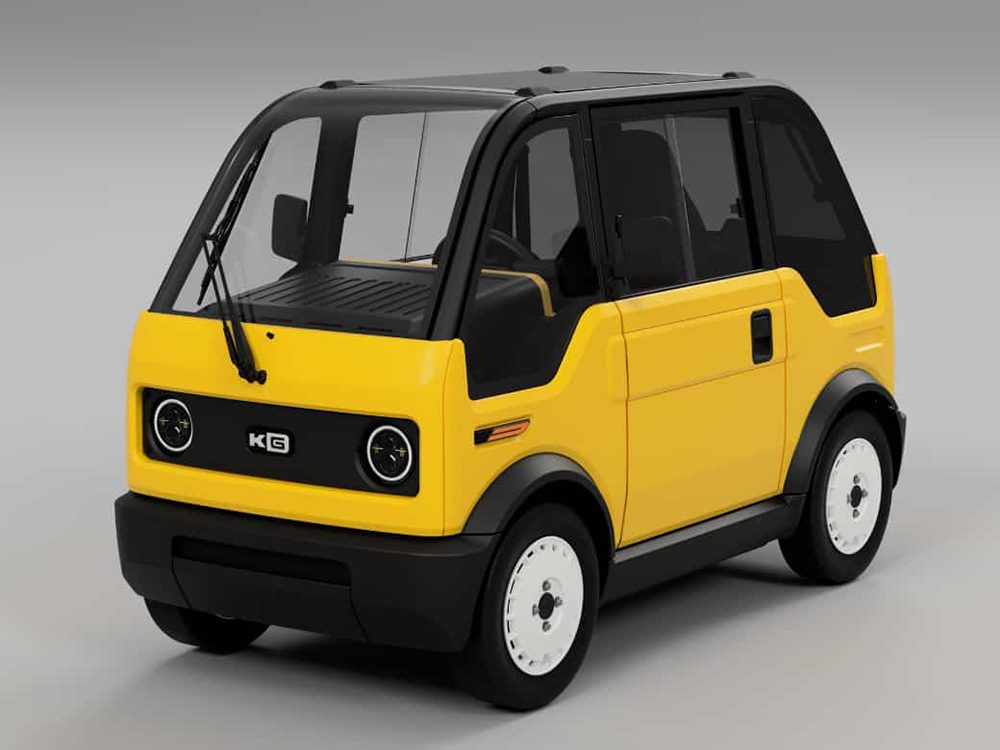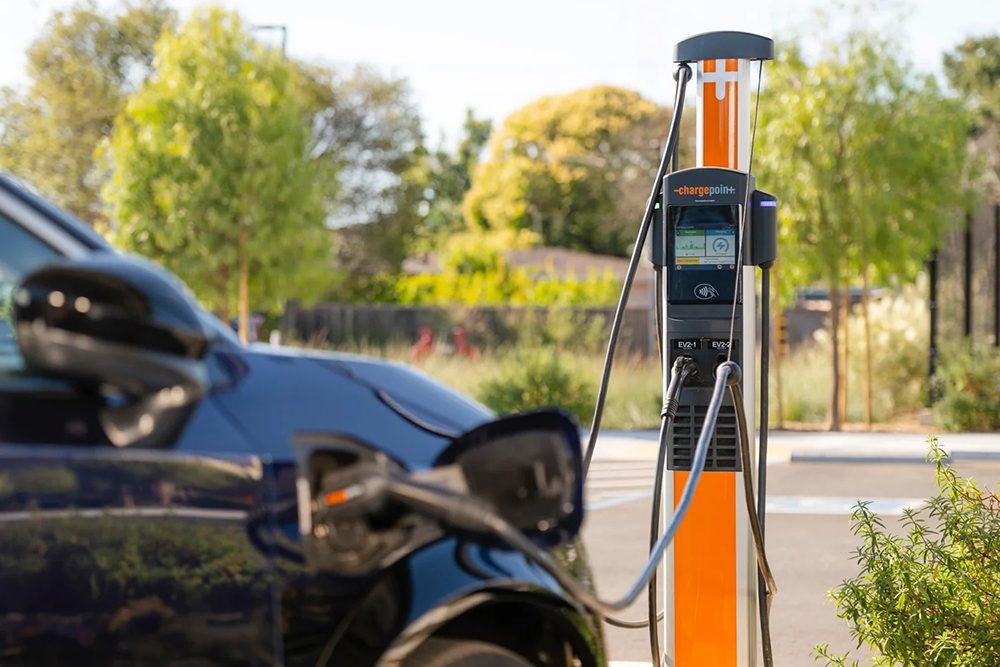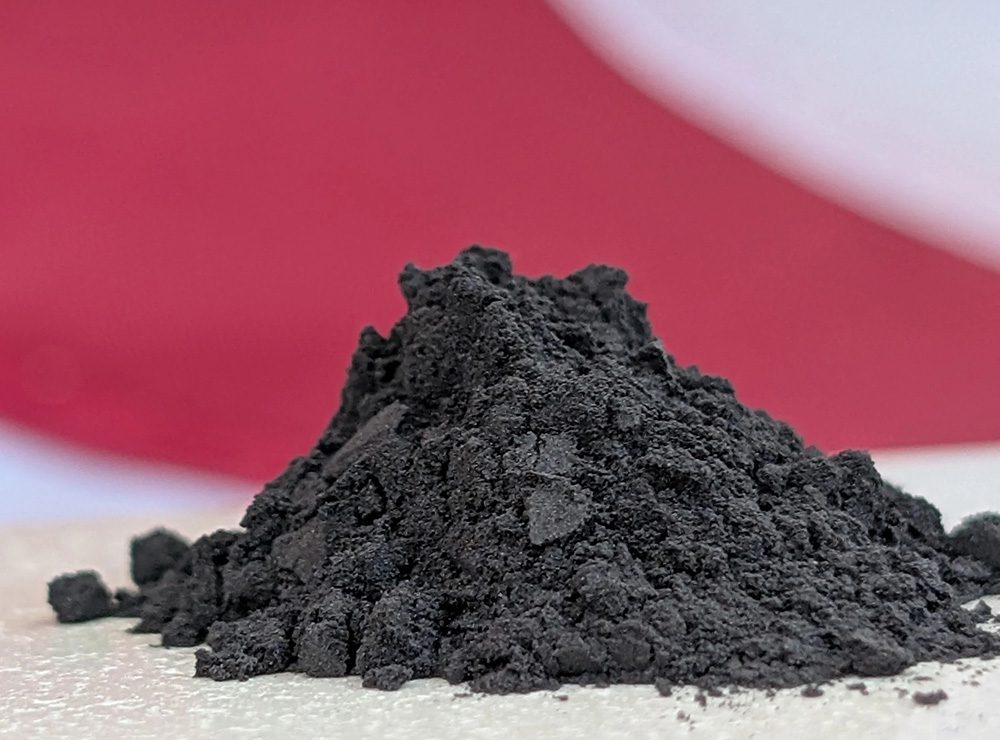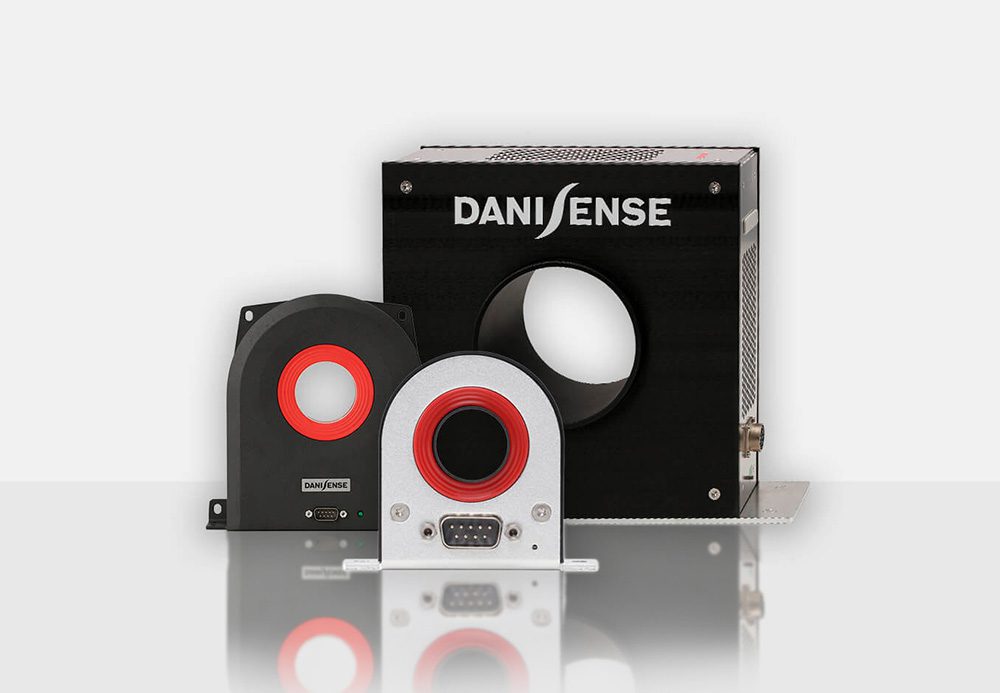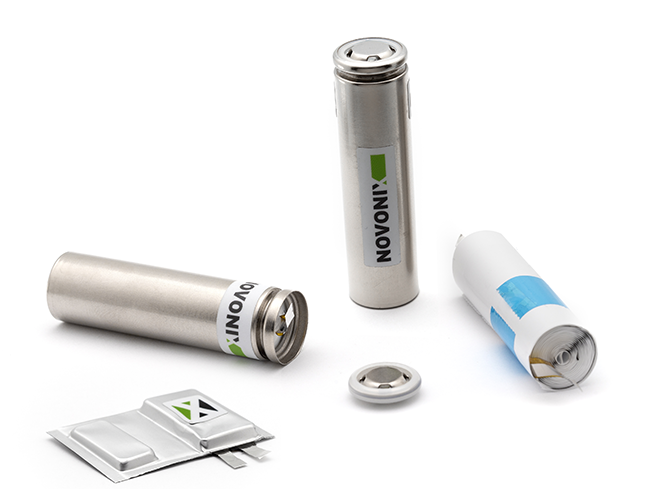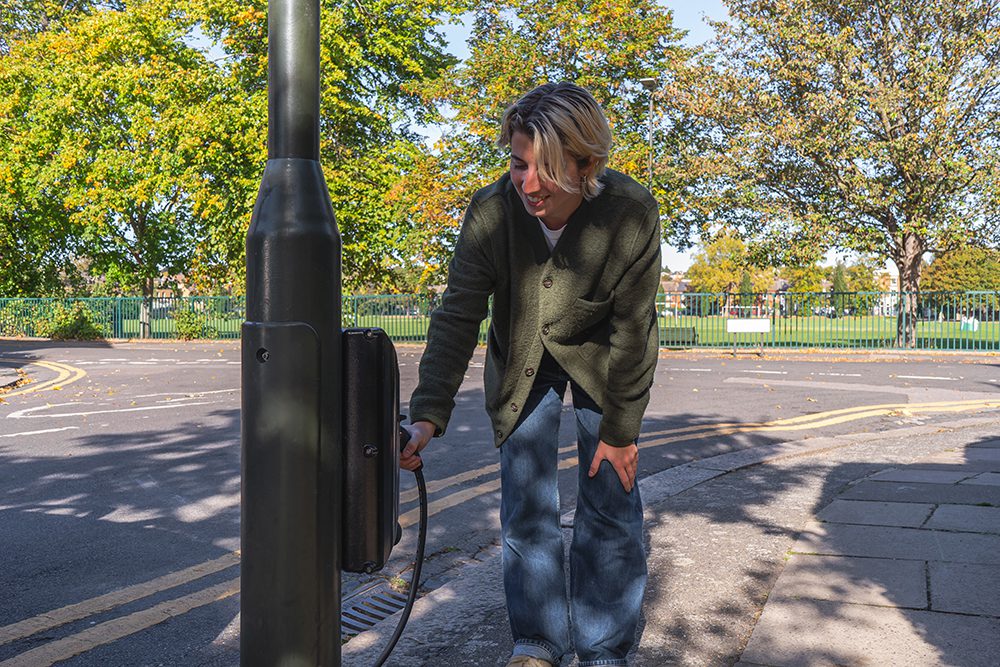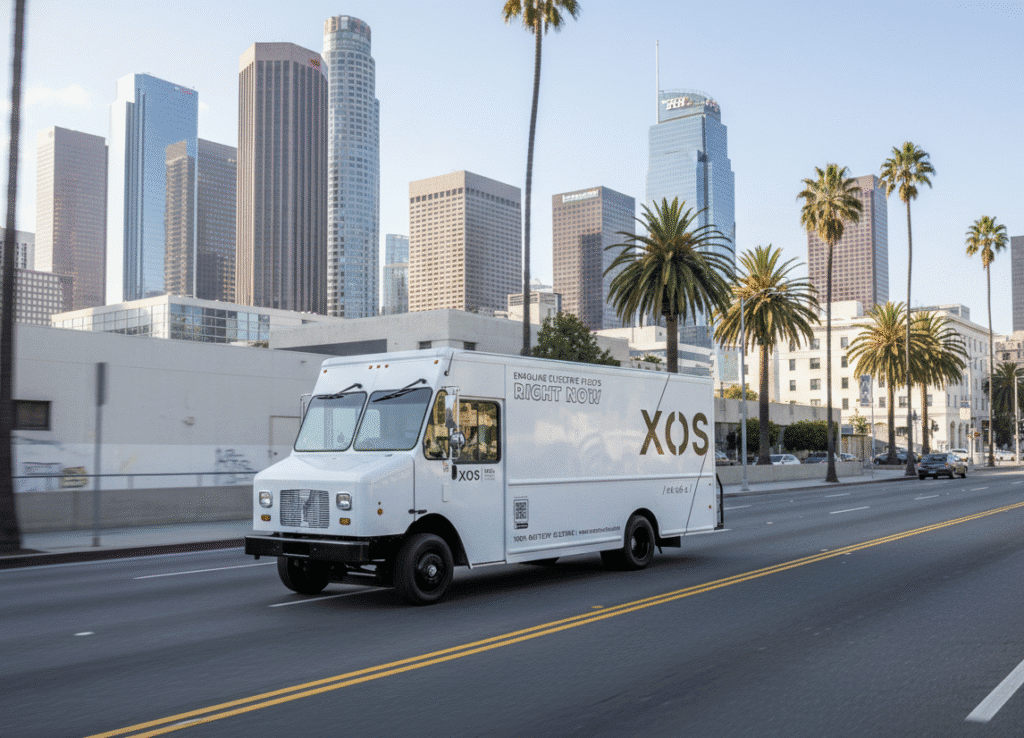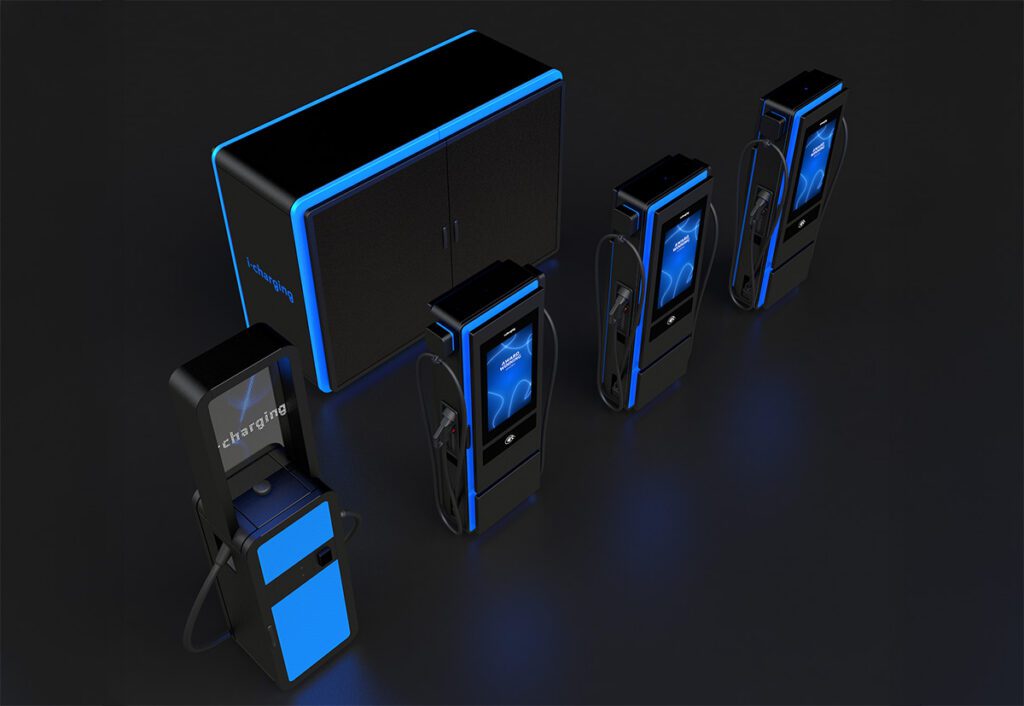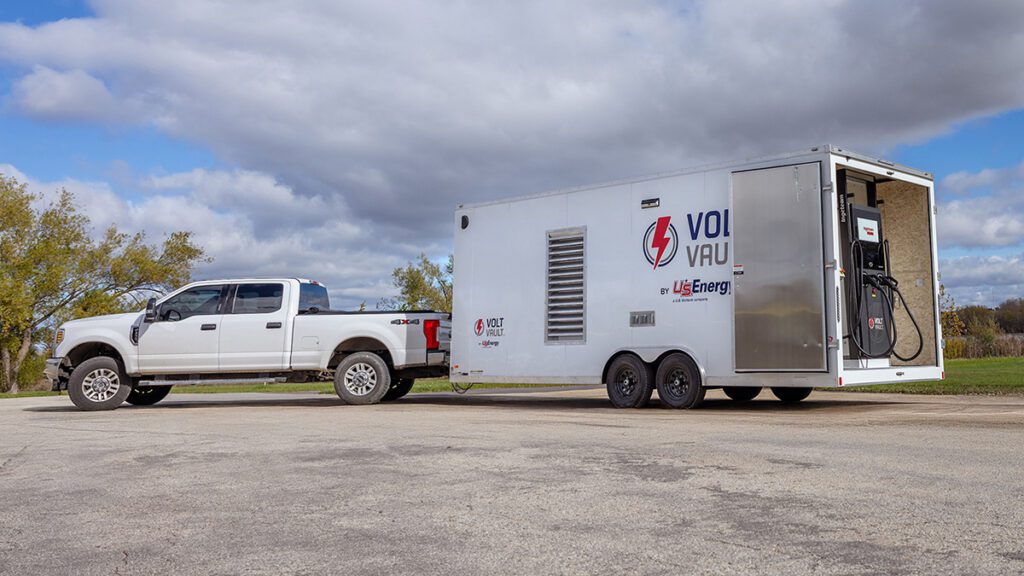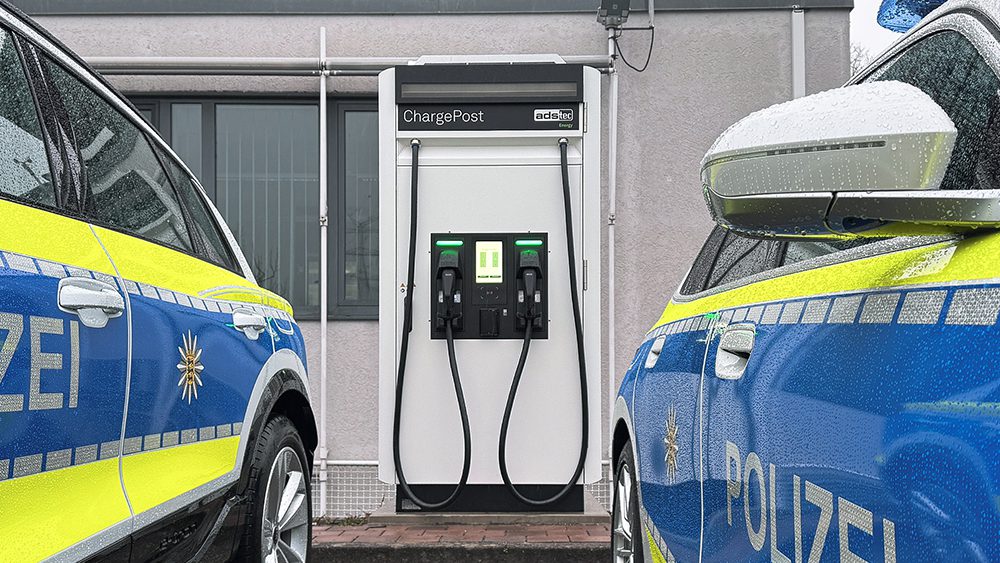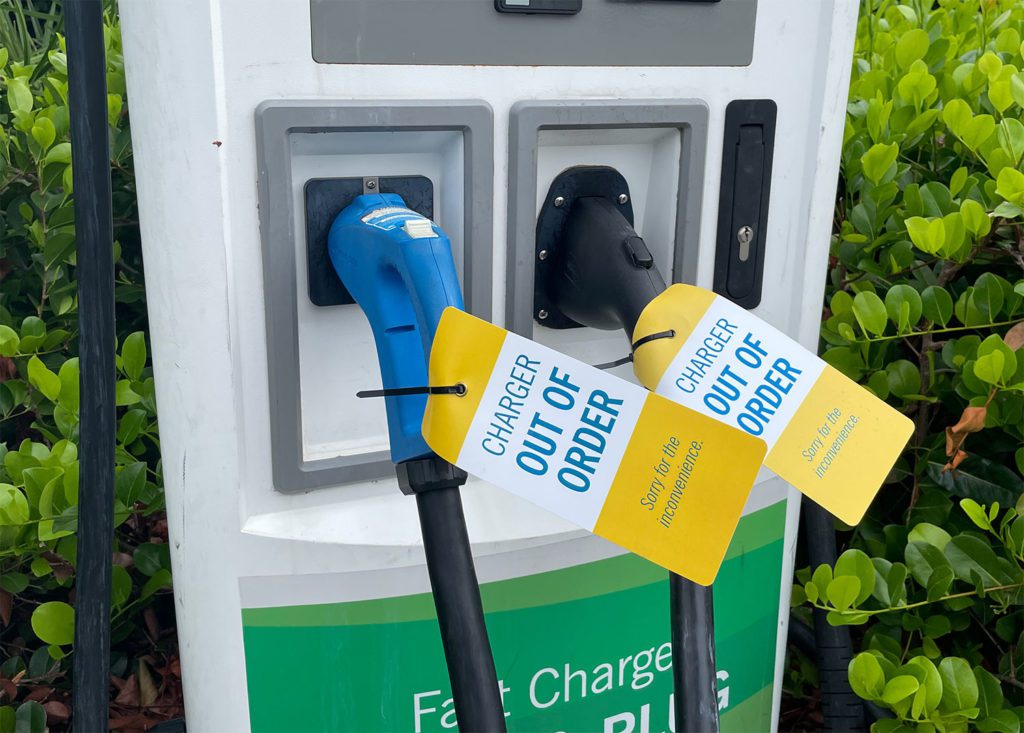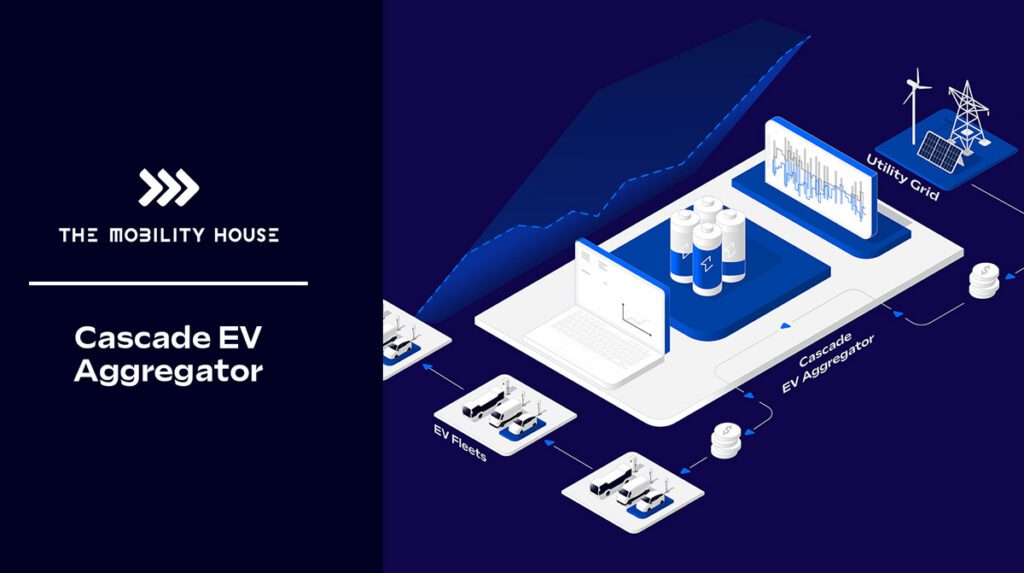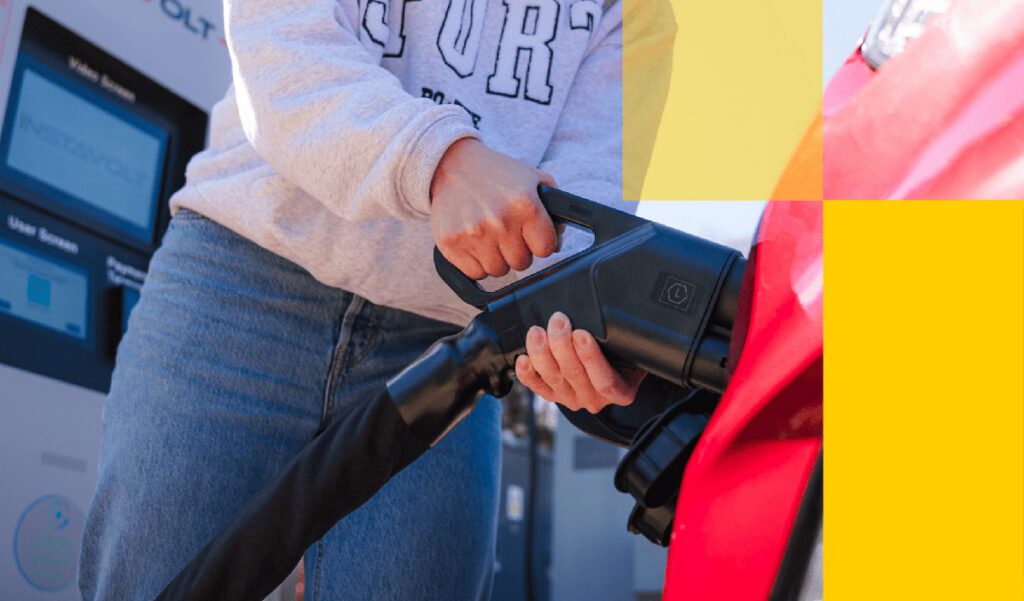Electric powertrain technology is gradually creeping into legacy gas-powered vehicles. Ford and Samsung have announced that they are researching a dual-battery system that combines a lithium-ion battery with a 12-volt lead-acid battery in order to enable regenerative braking technology in non-hybrid vehicles.
“We are currently expanding our Auto Start-Stop technology across 70 percent of our lineup, and this dual-battery system has the potential to bring even more levels of hybridization to our vehicles for greater energy savings across the board,” said Ford’s Ted Miller.
Regenerative braking works in conjunction with Ford’s Auto Start-Stop, which seamlessly turns off the engine when a vehicle stops to save fuel. An advanced battery then powers vehicle accessories and systems in place of the engine until the driver begins to release the brake pedal, which restarts the engine
Ford and Samsung are also researching an ultra-lightweight lithium-ion battery that they say could one day render traditional lead-acid batteries obsolete. The advanced battery offers a weight reduction of up to 40 percent, or 12 pounds.
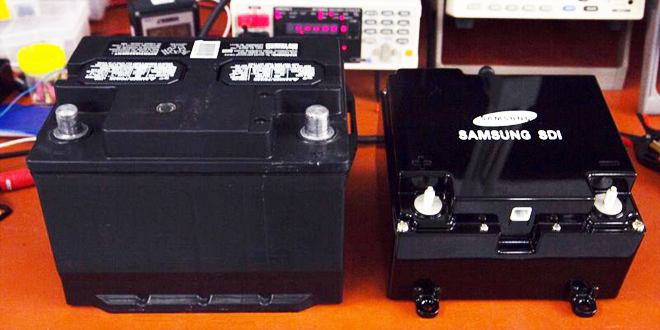
“Lithium-ion batteries are typically used in consumer electronics because they are lighter and more energy-dense than other types of batteries, which also make them ideal for the vehicle,” said Samsung VP Mike O’Sullivan. “Battery technology is advancing rapidly and lithium-ion could one day completely replace traditional 12-volt lead-acid batteries, providing better fuel efficiency for drivers.”
Ford is charging ahead with battery-related research. Last year, the company invested $135 million in design, engineering and production of key battery components, and doubled its battery testing capabilities.
Source: Ford

